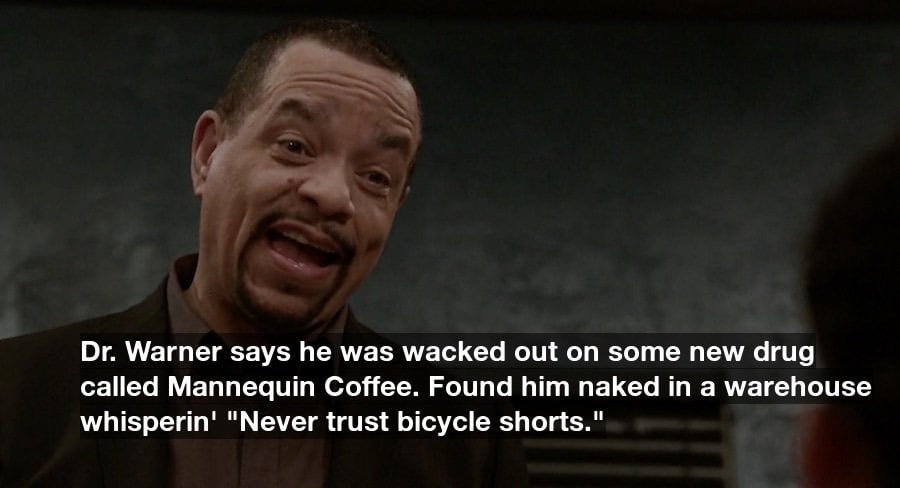Why Everyone Is Watching TV with Closed Captioning On These Days
A few months ago I noticed that several friends (who speak English and aren’t deaf) routinely watch TV and movies with closed captions and subtitles on. I asked about this on Twitter and the resulting thread was fascinating. Turns out many of you watch TV this way for all kinds of different reasons — to follow complex dialog in foreign or otherwise difficult accents, some folks better retain information while reading, keeping the sound down so as not to wake sleeping children in tight living spaces, and lots of people who aren’t deaf find listening difficult for many reasons (some have trouble listening to dialogue when there’s any sort of non-ambient noise in the background).
For instance, Stephanie Buck wrote:
I turned them on last night when watching Sex Education because the mixture of strong accents, British slang, and fast talking means I miss a lot otherwise. Also I’d had 2 margaritas.
When I watch tv alone at night I gotta keep the tv low so the effects and soundtrack don’t wake up the kids. Usually that means the voice track is lost.
Typically the whole family is in the living room, but some might be watching their iPad or on their phone so there is a lot of competing noise. I found it helps me focus on what I’m watching.
As Sebastian Greger notes in his summary of the resulting thread, closed captioning is a great example of how accessibility features can benefit everyone, especially those who may have disabilities or limitations that aren’t typically acknowledged as such.
The reasons why people watch TV with closed captions on, despite having good hearing abilities and not being constrained by having to watch muted video, are manifold and go far beyond those two most commonly anticipated use cases.
See also Why Gen Z Loves Closed Captioning.
This post first appeared in an issue of Noticing, kottke.org’s weekly newsletter. You can subscribe here.






Stay Connected